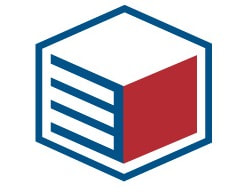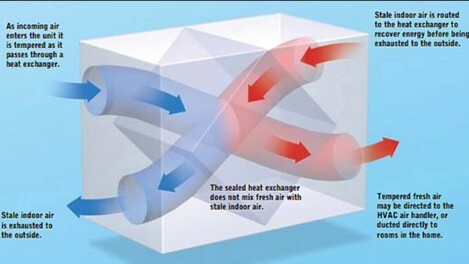|
Prior to the novel coronavirus, respiratory diseases were already on the rise in Canada. According to the Asthma Society of Canada, one in every four households has a family member suffering of asthma, allergies or some other chronic respiratory illness. With Canadians spending 90% of their time indoors, poor indoor air quality is a big contributor. Indoor air at home, and at work can be 100 times more poluted than outdoor air! Although the theory that heating, ventilating and air-conditioning (HVAC) systems are transmitting the novel coronavirus is not conclusive, a group of Alberta researchers are working on an HVAC solution intended to suppress the distribution of viruses and other pathogens in buildings.
COVID-19 can be spread by building ventilation, argue Canadian researchers working on an HVAC fix These alarming facts are just some of the reasons why so many Canadian homeowners have already invested in air purification systems to help mitigate indoor air pollution. There are many types and sizes of air cleaners on the market, ranging from relatively inexpensive tabletop models to sophisticated whole-house systems. Some air cleaners are highly effective at particle removal, while others, including most tabletop models, are effective in only very limited areas, such as one bedroom or a living room. What makes your indoor air quality system effective? The effectiveness of a system depends on how well it collects pollutants from indoor air throughout the home and how much fresh air it draws through the cleaning or filtering element. The most important factors in determining the effectiveness of an air quality system are its ability to eliminate excess humidity and control indoor air pollution levels. The best way to achieve these goals is to increase the amount of outdoor air coming indoors through ventilation. Proper ventilation allows pollutants that are not eliminated by filtration, such as volatile organic compounds, carbon monoxide and other harmful gases, to escape the home. More Provinces include plumbing and HVAC/R on Essential Services lists New Canadian technology The most recent innovation in the industry is an air exchanger manufactured by Canadian-based Venmar Ventilation. Venmar is the first manufacturer of ventilation systems to offer a unit that integrates heat recovery ventilation technology with HEPA filtration at an affordable price. "With our system you can get the best of both worlds," says Gerry Gagnon, Product and Market Manager for Venmar. "It works to provide fresh air through ventilation and at the same time ensures the best indoor air quality by trapping airborne allergens such as pollen, dust, pet dander, mold and bacteria through its HEPA filter. The HEPA filter traps and removes up to 99.97% of airborne allergens and assists in distributing fresh air throughout the home. Health developments Licensed as a medical device by Health Canada, Venmar's HEPA series units have been found to substantially contribute to improving indoor air quality in dwellings, and may improve the quality of life of individuals with serious respiratory diseases. Individuals who acquire one of these specialized units under prescription may be able to deduct the purchase price from their income tax. More information on indoor air quality is available at www.venmar.ca More good reads @ All Around The HOUSE
1 Comment
9/1/2023 10:07:11 am
The truth is there are several factors that can deteriorate the air quality in your home and potentially harm your health. Knowing this, let’s dive deep into indoor air quality and its impacts on your home and family.
Reply
Leave a Reply. |
AuthorGil Strachan is a professional home inspector, representing Electrospec Home Inspection Services in east-central Ontario since 1994. CategoriesAll Appliances Buying And Selling Cooling Electrical Environmental Exterior Health And Safety Heating Home Improvement Home Inspection Insulation Insurance Interior Plumbing Roofing Special Structure Archives
January 2024
|


